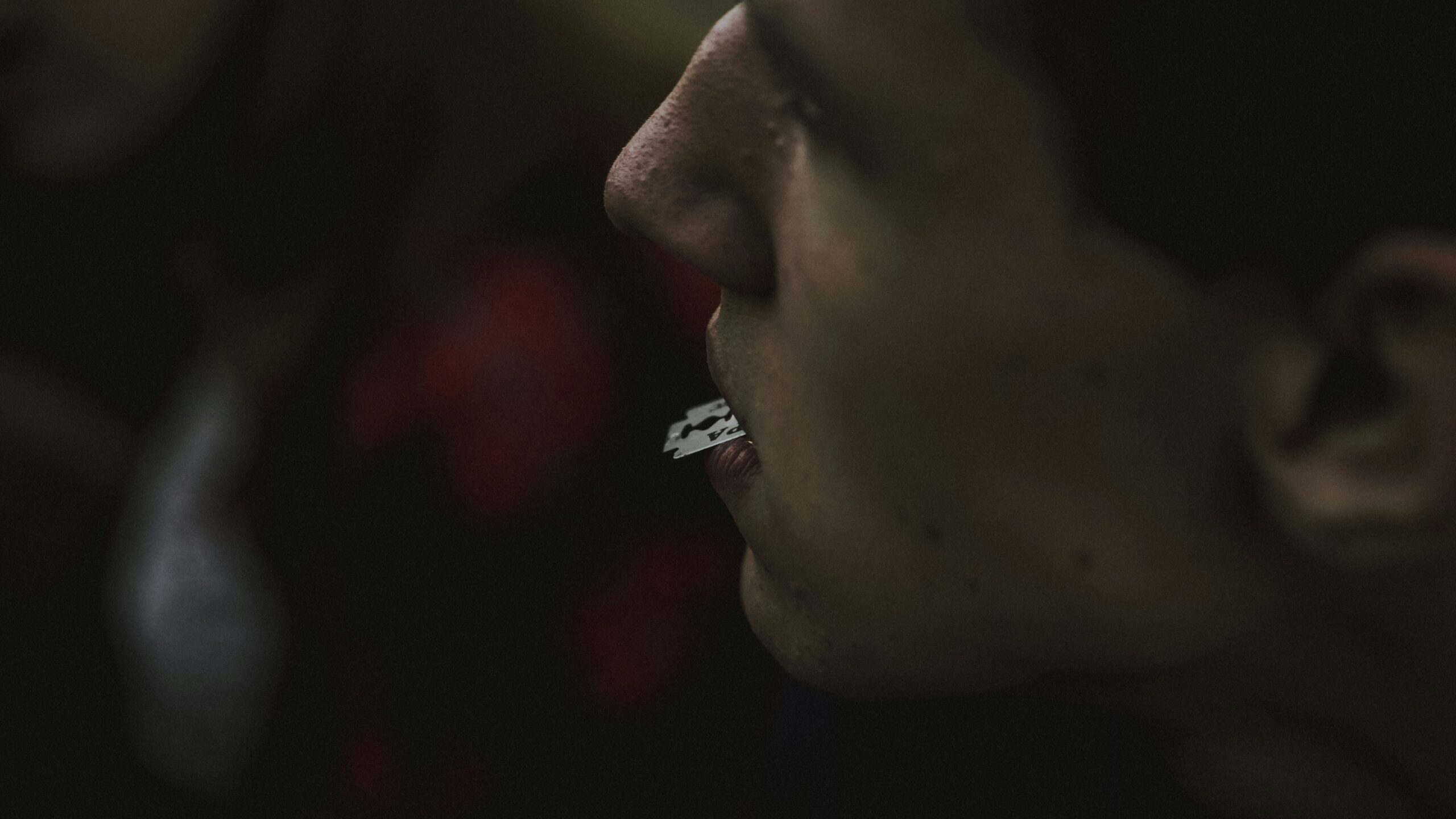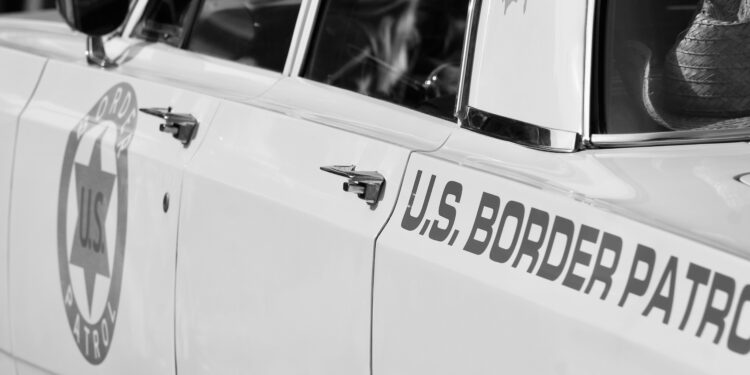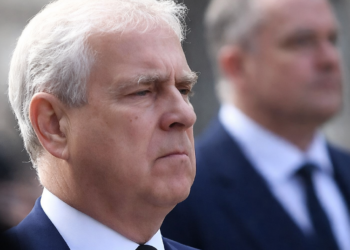In the face of a heavily militarized immigration crackdown, the residents of Chicago have forged a weapon of resistance from the most humble of objects: the plastic whistle. Its piercing shriek has become the unifying sound of a city under siege, a modest but potent tool to disrupt, document, and defy the Trump administration’s deportation raids.
The scene is now familiar: the arrival of federal agents in tactical gear is met not with silence, but with a chorus of whistles. This sound serves a dual purpose—a warning for the vulnerable to flee, and a rallying cry for citizens to converge, cell phones recording, to bear witness and contest the arrests in real-time. Against agents armed with assault rifles who have tear-gassed crowds and conducted helicopter raids, the whistle is a declaration that the community itself is the first and last line of defense.

From Dollar Store to Front Lines
What began as a local initiative in Chicago’s Latino enclaves has “grown like wildfire,” becoming a citywide symbol. Fueled by whistle-making parties and social media, the movement has seen the tools distributed at festivals, dropped in Little Free Libraries, and purchased by the handful from dollar stores and Amazon.
The Department of Homeland Security has publicly dismissed the tactic, with a spokesperson stating their officers “are not afraid of loud noises and whistles.” Yet, the very need to address it betrays the tactic’s psychological impact. The whistles may not physically stop an arrest, as seen when officers still drove away with two detained landscapers despite a crowd’s intervention, but they strip the operation of its silence and secrecy, turning a swift enforcement action into a public, contested spectacle.
Why it Matters
The plastic whistle represents how a community, outgunned and out-powered, can leverage unity and creativity to challenge overwhelming force. It is cheap, accessible, and utterly decentralized—impossible to eradicate.
When a Jewish resident patrolling with her son’s toy train whistle draws a direct line to her people’s history, she reveals the profound stakes. This is not a protest; it is a moral stand. The whistles are a relentless, shrieking alarm that the world is watching, and that the community will not surrender its neighbors quietly. In the face of power that relies on fear and shock, Chicago has chosen to answer with a sound—the sound of collective courage.

















